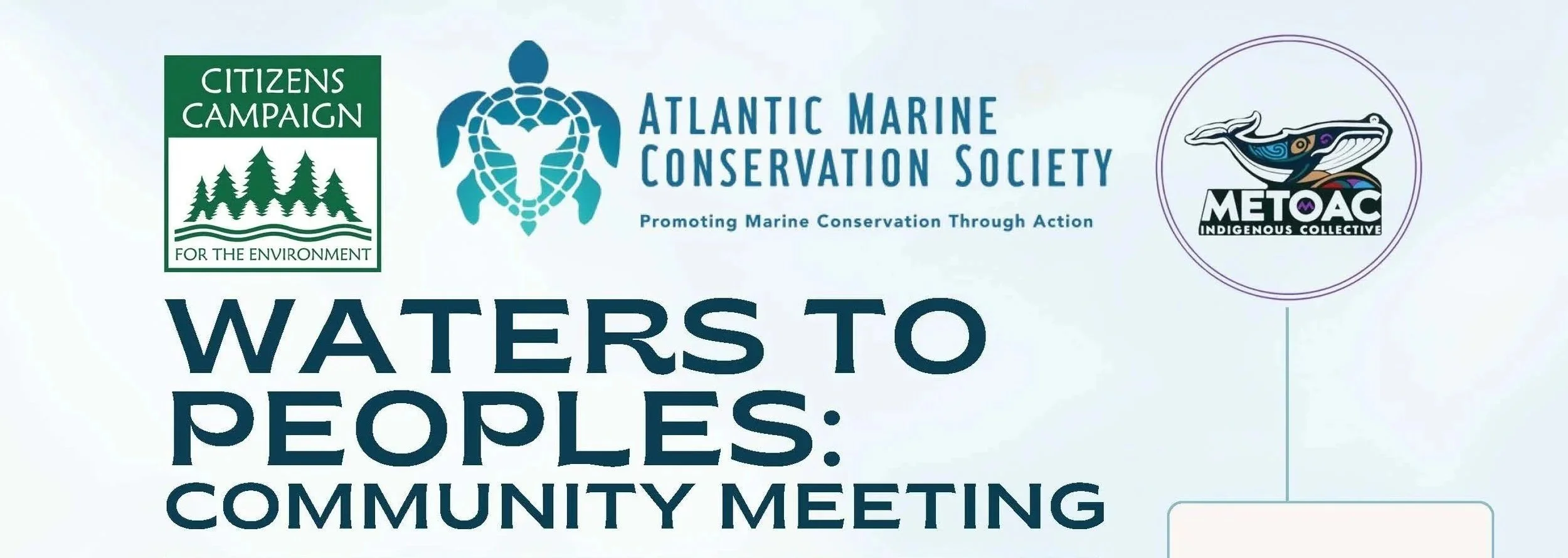BY GWENDOLYN CRAIG Glens Falls Post Star
GLENS FALLS — The New York State Senate reinstated $1 million in funding for Lyme and tick-borne illness research in the draft executive budget for 2019-2020.
While that money is still not guaranteed, the line item had been zero earlier this year.
Researchers including Lee Ann Sporn at Paul Smith's College and Holly Ahern at SUNY Adirondack have been advocating for the allocation.
The $1 million last year helped fund Sporn's unprecedented study of harvested deer blood in the Adirondacks that found a potentially lethal virus called Powassan is more widespread than previously thought.
Others, including the Adirondack Mountain Club, have also called on state leaders to secure the funding.
In an op-ed, Executive Director Neil Woodworth said research supported by the state funding has "resulted in new ways for people to protect themselves through clothing and lawn treatments, and through tick bio-controls."
With ticks found at higher elevations and in more northern areas of the country, the diseases and illnesses they carry are traveling with them.
The executive budget deadline is April 1.
CLEAN WATER FUNDS
Environmental organizations are also calling on state leaders to invest more funding in the Clean Water Infrastructure Act.
The Senate budget proposal includes $2.5 billion, and groups like the New York Public Interest Research Group, Natural Resources Defense Council and Riverkeeper are looking for the Assembly and Gov. Andrew Cuomo to approve that.
Studies show that over the next two decades $38 billion will be needed to update drinking water infrastructure across the state, and $36 billion will be needed to upgrade wastewater infrastructure.
"The Clean Water Infrastructure Act has funded critical projects in every region of the state, helping to address emerging contaminants in drinking water, fight harmful algal blooms, reduce sewage overflows that foul our waters, and more," said Adrienne Esposito, executive director for Citizens Campaign for the Environment, in a release.
"Despite the program's success, water infrastructure needs continue to vastly exceed available resources."


